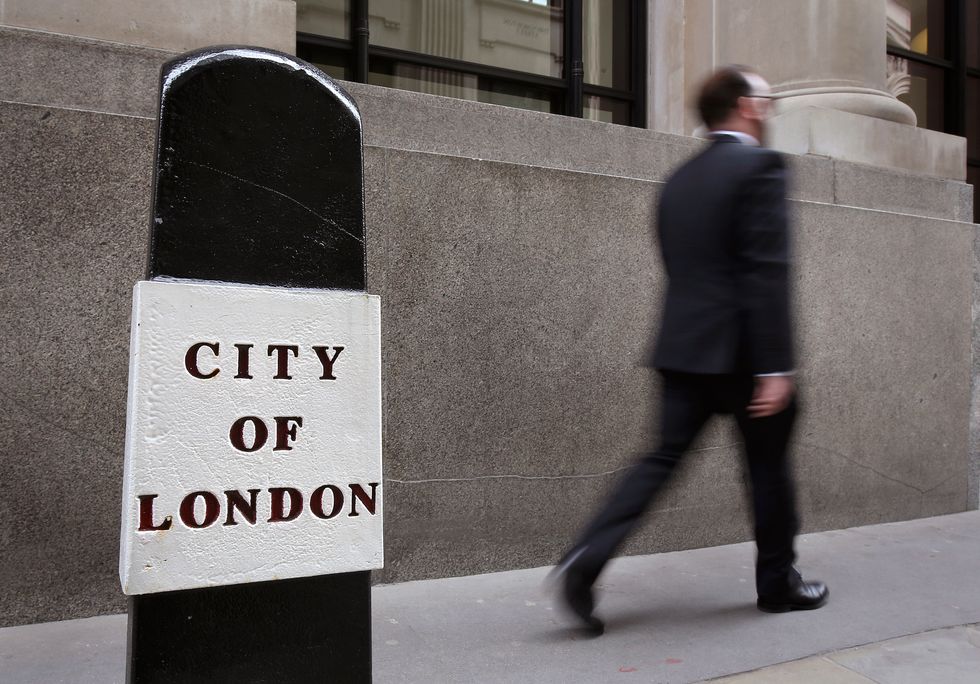State pension: New data reveals which Britons LOSE MONEY by paying into compulsory fund

Research shows that the top 10 per cent of male workers will pay more national insurance than they will get in state pension
Dominic Lipinski












